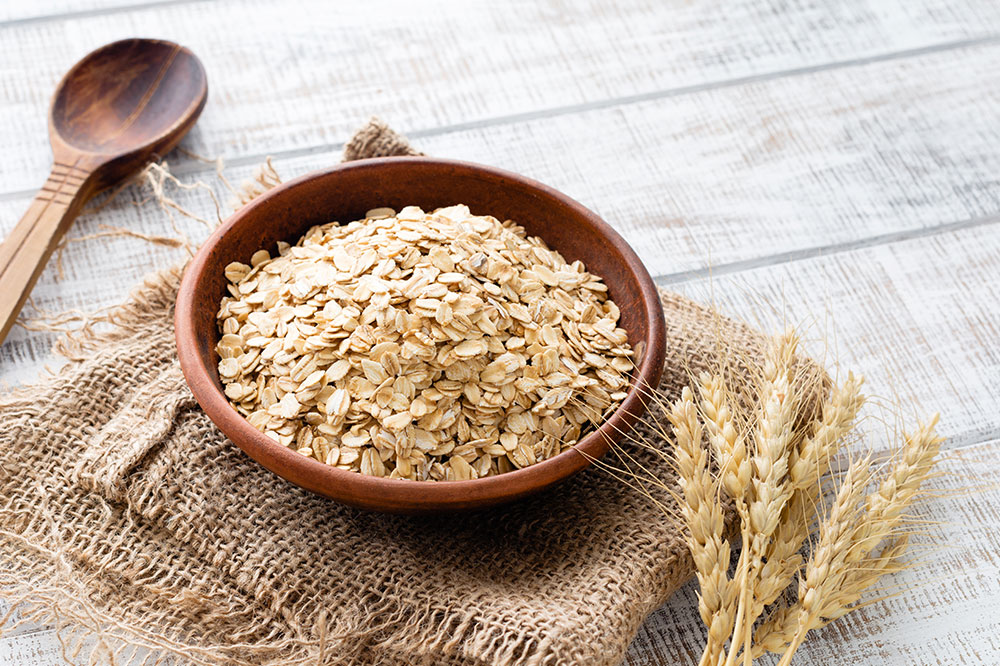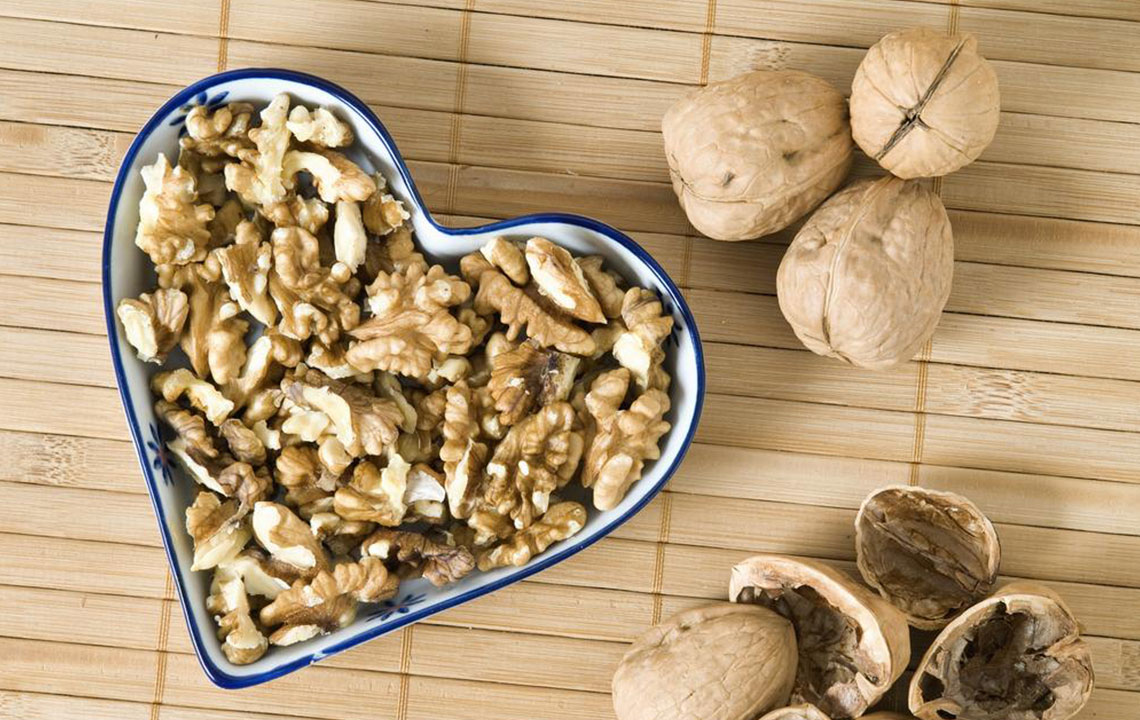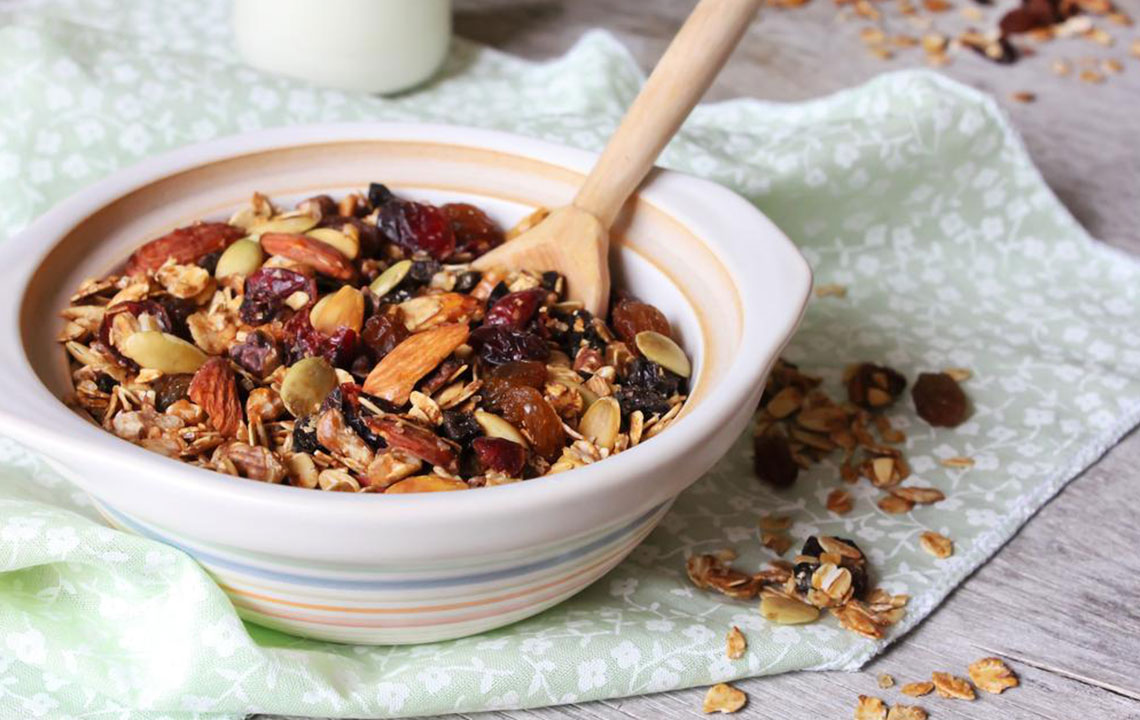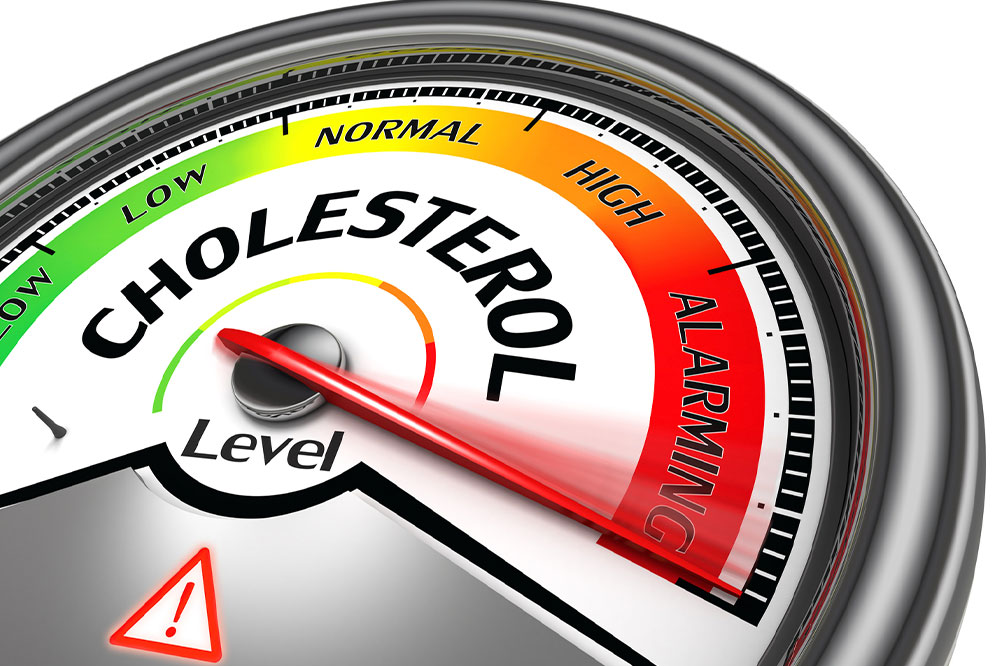Top 5 Nutritional Staples for Managing Cholesterol Levels
Discover five nutrient-rich foods that can help effectively manage cholesterol levels. From oats to nuts, these dietary options support heart health and reduce risks associated with high cholesterol. Incorporating these foods into your routine can promote better cardiovascular well-being naturally.
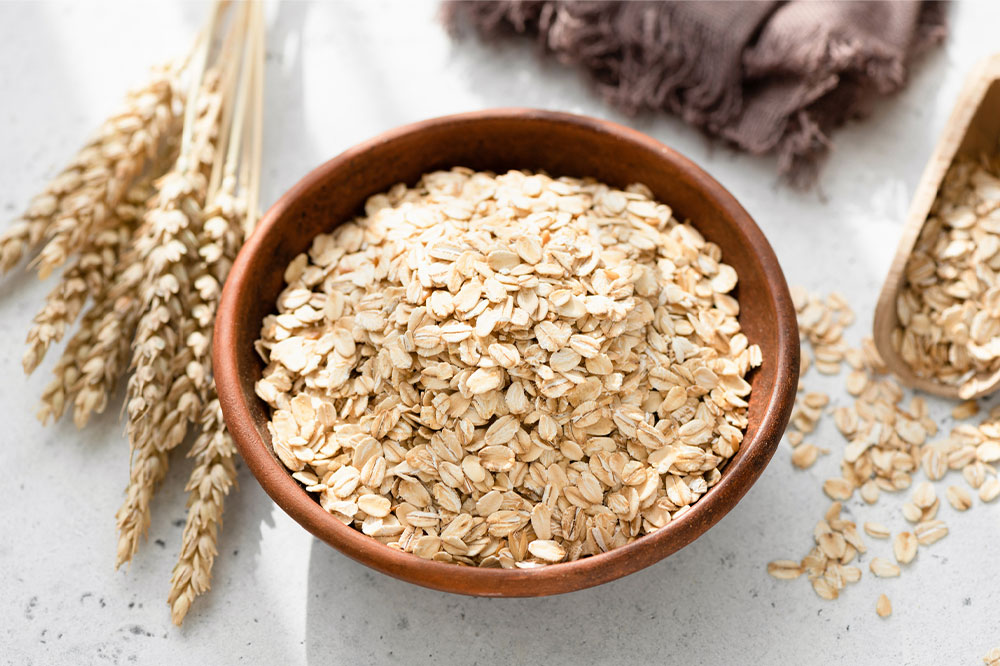
High cholesterol can lead to serious heart issues if not properly managed. Cholesterol, a waxy substance produced naturally and found in certain foods, can clog arteries when in excess, raising cardiovascular risks. There are two main types: HDL, known as good cholesterol, and LDL, the harmful kind. To help keep cholesterol in check, incorporating specific foods into your diet is effective. Here are five dietary choices renowned for their cholesterol-lowering properties.
Oats
Oats are a powerhouse source of soluble fiber, which aids in reducing LDL cholesterol by limiting its absorption in the digestive tract. Enjoy oats at breakfast or incorporate them into various meals with fresh fruits. Alternatives rich in soluble fiber include kidney beans, Brussels sprouts, and pears.
Avocados
Rich in heart-healthy monounsaturated fats, avocados can help improve LDL cholesterol levels. They make a nutritious spread or addition to salads and whole-grain breads, promoting cardiovascular health when consumed regularly.
Fish
Fatty fish like salmon, mackerel, tuna, herring, and trout are high in omega-3 fatty acids. These nutrients help lower triglycerides and offer numerous heart benefits. Grilled or steamed fish is the healthiest preparation method, recommended at least twice weekly.
Olive Oil
Olive oil boasts monounsaturated fats and antioxidants that can reduce LDL cholesterol without affecting HDL levels. Use it for sautéing, salad dressings, or as a substitute for less healthy fats to support heart health.
Nuts
Almonds, walnuts, pecans, macadamias, and pistachios are excellent for improving cholesterol profiles. Rich in protein and healthy fats, nuts make nutritious snacks that reduce cardiovascular risk and offer multiple health benefits.
Important Notice:
The information shared here is for educational purposes only. It should not replace professional medical advice. Always consult healthcare professionals before making significant dietary changes or for health concerns. Use this information responsibly and seek expert guidance when necessary.

